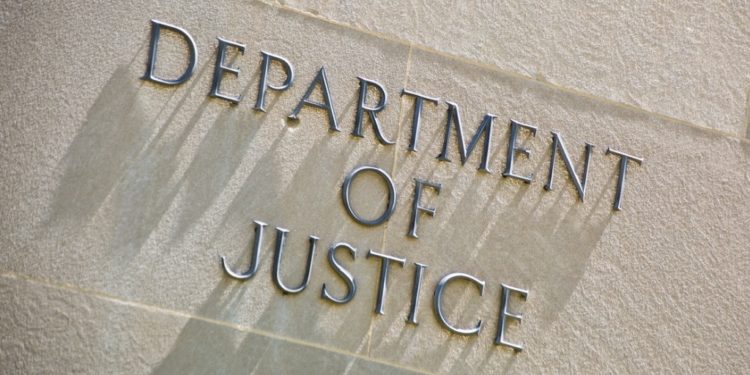“At the Department of Justice (DOJ), nearly one in four employees fear reprisal for reporting suspected violations of law, rule, or regulation,” writes Senator Chuck Grassley (R-IA) at the outset of a letter written to Attorney General Merrick Garland. “Appallingly, this rate represents the highest of any federal agency separately reported in the Federal Employee Viewpoint Survey (FEVS) for 20222.”
Grassley’s letter, sent in early April 2023, outlines a culture of whistleblower retaliation at the DOJ and poses several questions to Garland aimed to help remedy the situation. Grassley, sometimes referred to as “the patron saint of whistleblowers,” has been the leading champion of whistleblower causes within Congress for decades.
“DOJ’s culture of retaliation and failure to inform contractors of whistleblower protections as required by law only serves to chill whistleblowers from disclosing wrongdoing and misconduct and violates the law,” writes Grassley. “Federal law prohibits agencies from retaliating against employees because they disclose information they believed demonstrated a violation of law, rule, or regulation; gross mismanagement; gross waste of funds; abuse of authority or substantial and specific danger to public health and safety.”
Grassley ends his letter by posing a number of questions and requests for Garland:
- Please provide all current DOJ and component unit internal personnel policies and all training materials concerning whistleblower rights and protections.
- Please provide all guidance DOJ has provided to its components on the use of the “antigag” provision.
- For the past five fiscal years, how many employees from DOJ, to include its components, were found to have engaged in reprisal? How many of those employees were disciplined? Please list the name of each employee that: (a) engaged in whistleblower retaliation; (b) was disciplined for whistleblower reprisal allegations; and (c) the discipline taken against the employee.
- Considering your obligations to protect against reprisal, what steps have you taken to protect whistleblowers and to reassure employees that whistleblowing will not result in retaliation?
- Based on your own employee’s responses, what steps will you take to fix the culture of retaliation that exists within DOJ?
- What is your explanation for DOJ personnel fearing reprisal at a rate that is approximately 50% greater than the government-wide average?
- When was the last time DOJ reviewed its nondisclosure forms to ensure they fully comply with all applicable whistleblower laws?
- In light of seemingly pervasive workplace culture problems, do you plan to modify your internal human resource practices or to conduct additional trainings to reassure and encourage employees to come forward as whistleblowers and protect them if they do? If not, why not?
Also in April, Grassley sent a letter to President Biden requesting a Rose Garden ceremony on July 30, 2023 in honor of Whistleblower Appreciation Day. In recent years, Grassley has introduced unanimously-passed Senate Resolutions designating July 30 as National Whistleblower Appreciation Day. Part of the purpose of the day is to change the culture around whistleblowing within the federal government by encouraging federal agencies to honor whistleblowers and inform employees of their whistleblower rights.
On March 2nd, Jane Turner, in collaboration with four other prominent whistleblowers, announced a campaign to make National Whistleblower Day permanent via an Executive Order from the president. Recently, a growing number of federal agencies have celebrated July 30th as National Whistleblower Day. These celebrations include internal programs, publications, and presentations informing employees of their whistleblower rights, highlighting the critical role whistleblowers play in exposing fraud, corruption, and abuse of power across the government and beyond.
Further Reading:
Join the Campaign to Make National Whistleblower Day Permanent




